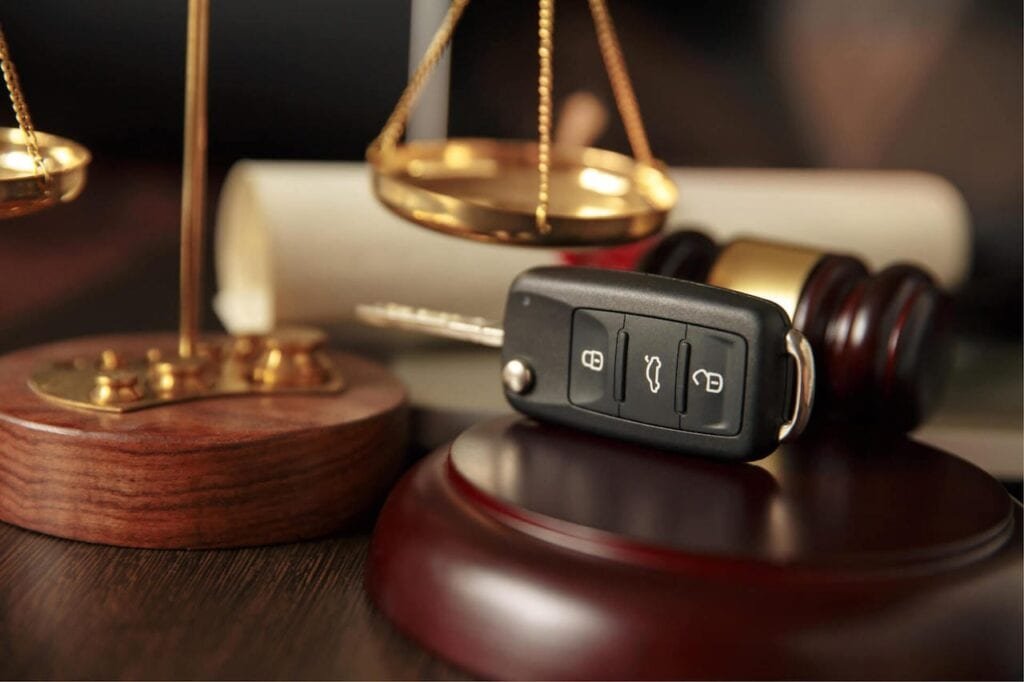When people think about bankruptcy, one of the biggest fears they have is losing their car. In addition to being a means of transportation, a car is frequently essential for traveling to work, taking care of family, and managing daily obligations. Because of this, it is natural to worry about whether filing for Chapter 7 bankruptcy will mean having to surrender your vehicle. The answer depends on your financial situation, the equity in your car, and the laws in your state. You may better prepare for the future and make decisions that safeguard your financial future by being aware of how the bankruptcy procedure handles automobiles.
The Role Of Chapter 7 Bankruptcy
Liquidation bankruptcy is another name for Chapter 7 bankruptcy. A bankruptcy trustee is chosen in these situations to examine your assets and decide whether any can be liquidated to pay off creditors. Many people who file are able to keep most or all of their assets because of exemptions provided under the law. These exemptions protect specific property from being taken, including some or all of the value in a personal vehicle. Still, if your car has more value than what the exemption covers, the trustee may look at whether selling it is in the best interest of creditors. This is where the question of surrendering a vehicle comes into play. Many people filing bankruptcy often ask, “when do I have to surrender my vehicle in a chapter 7,” and the answer depends on factors like state exemptions, loan balances, and whether you choose reaffirmation, redemption, or surrender.
Vehicle Exemptions And Equity
Every state has rules about exemptions, and some allow you to choose between state and federal exemptions. Vehicle exemptions typically let you protect a certain amount of equity in your car. Equity means the difference between the car’s value and what you still owe on it. For example, if your car is worth $10,000 and you still owe $8,000, your equity is $2,000. If your state’s exemption covers $3,000 in vehicle equity, your car would likely be protected, and you would not need to surrender it. On the other hand, if your car is paid off and worth much more than the exemption allows, a trustee might consider selling it and using the proceeds to pay creditors. In such cases, the trustee would provide you with the exemption amount in cash, and the rest would go toward debt repayment.
Reaffirmation And Redemption Options
Bankruptcy laws also allow you to make choices about how to handle your vehicle loan if you still owe money. One option is reaffirmation, which means agreeing to continue paying your loan as if the bankruptcy had never happened. This allows you to keep your car, but it also means you remain legally responsible for the debt. Redemption is an additional choice in which, despite a larger loan balance, you provide the lender a one-time payment equal to the car’s current value. Redemption can be helpful if you owe more than the car is worth, but it requires having access to enough cash or financing to pay off the value. If you do not reaffirm or redeem, the lender may have the right to repossess the vehicle, even if you are current on payments, because bankruptcy eliminates your personal liability for the loan.
When Surrender May Be The Best Option
There are situations where surrendering a vehicle in Chapter 7 makes sense or may even be necessary. If your car loan payments are too high and you cannot afford them, giving up the vehicle can relieve you of a financial burden. Bankruptcy discharges your personal responsibility for the loan, so you would not owe the remaining balance once the car is surrendered. This can be a fresh start if the vehicle has become more of a liability than an asset. Some people also choose to surrender a vehicle that is unreliable, too costly to maintain, or significantly upside down in value. In these cases, surrender is not forced by law but chosen as a strategic decision.
The Importance Of State Laws And Legal Guidance
Because exemption amounts and rules vary from state to state, the outcome in your case will depend on where you live. Some states have generous vehicle exemptions that allow most filers to keep their cars, while others have stricter limits. In addition, the decision to reaffirm, redeem, or surrender a vehicle involves legal and financial consequences that should not be taken lightly. For this reason, speaking with a bankruptcy attorney is highly recommended. An attorney can review your circumstances, explain how the exemptions apply, and help you make the choice that best protects your interests.
Conclusion
Bankruptcy laws do not automatically require you to surrender your vehicle in Chapter 7. Whether you keep your car or give it up depends on the equity in the vehicle, the exemptions available in your state, and your ability to manage the loan. Many people keep their cars through exemptions or by reaffirming their loans, while others choose to surrender as a way to move forward without overwhelming debt. Each case is unique, and the right decision will depend on your specific situation. What matters most is that Chapter 7 provides a pathway to relief, whether or not keeping your vehicle is part of that journey.


